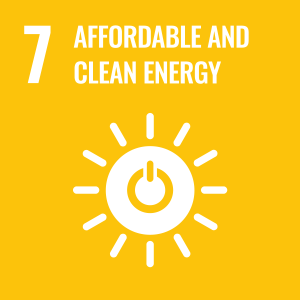Chemical Changes

Chemical changes covers the use of chemical symbols and formulae. Including writing and balancing chemical equations, describing physical states using state symbols, the definition and reactions of acids, neutralization reactions and the pH scale, redox reactions, electrolysis and how to predict the products of this reaction, and the various methods of metal extraction. Assessment will be on-going, including retrieval practice homework via Seneca , in topic quizzes and End of topic tests followed by feedback.
Chemistry of the Atmosphere

Students will study the composition and evolution of the atmosphere since its formation, the greenhouse gases and their effect, the causes of and changes to the Earth’s atmosphere, the relationship between atmospheric carbon dioxide concentration and the use of fossil fuels, common atmospheric pollutants and their sources, the problems caused by these and methods to reduce their output. Assessment will be on-going, including retrieval practice homework via Seneca , in topic quizzes and End of topic tests followed by feedback.
Using Resources


Students will study the differences between finite and renewable resources, how recycling can help conserve resources, how environmental costs can be quantified by life cycle assessments, describe the effects of human activity on the availability of potable water, describe the principal methods for making water potable and explain how wastewater is treated. Assessment will be on-going, including retrieval practice homework via Seneca , in topic quizzes and End of topic tests followed by feedback.



